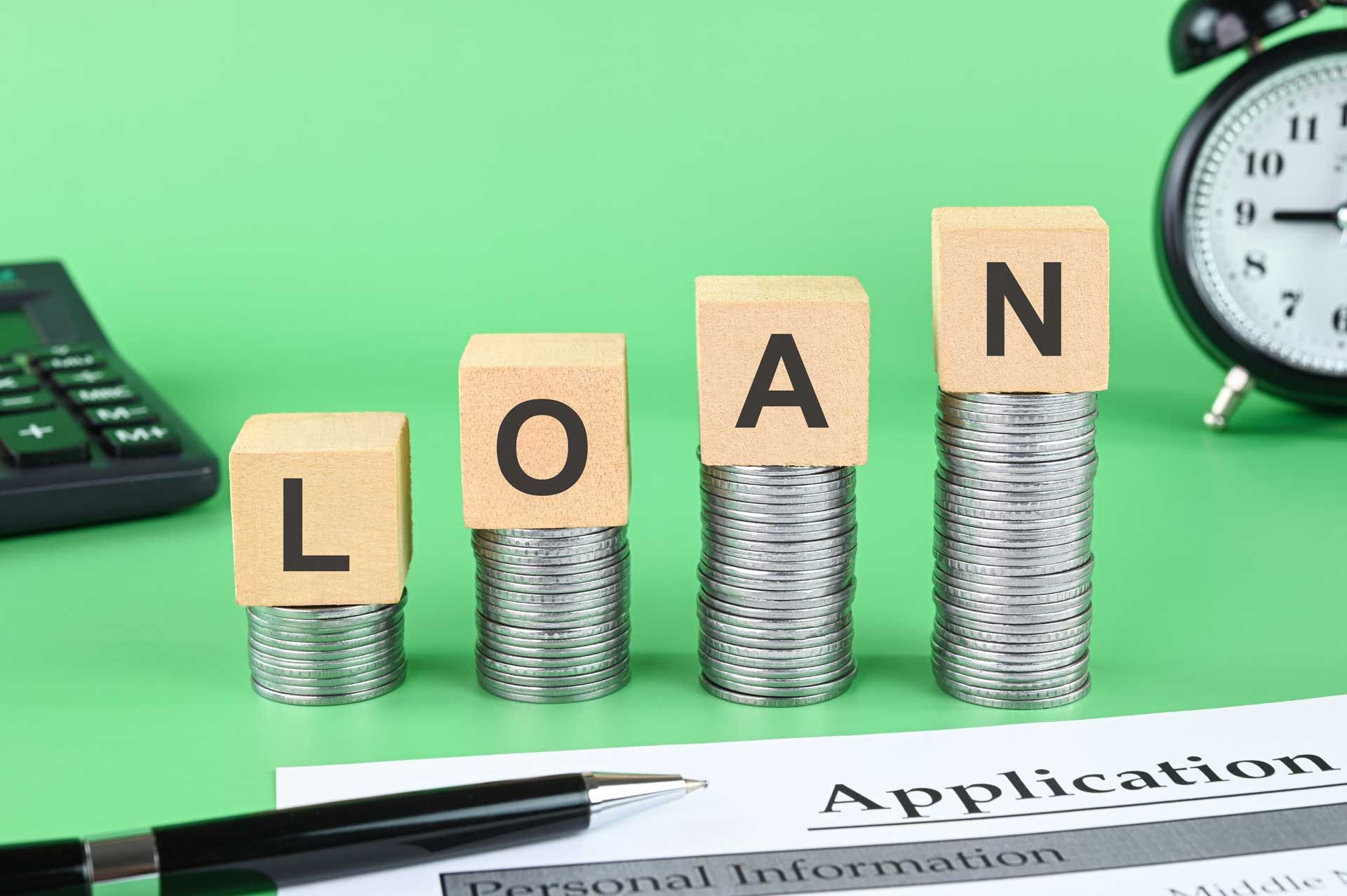Demystifying Credit Scores
From the first credit card to debt-to-income ratios, navigating the maze that is personal finance can be daunting. Amidst all the jargon, understanding how loans can affect credit scores is helpful for anyone looking to secure their financial future.
In this exploration, explore credit scoring systems and the role that loans play and get practical insights into leveraging credit responsibly to unlock new opportunities. Whether you're at the beginning of your credit journey or want to better your credit, discover how loans can help you get a good credit profile.
The Basics: What is a Credit Score, Anyway?
Think of a credit score as your financial resume—a three-digit number that represents your creditworthiness. It distills the vast history of your borrowing and repayment behaviors into a succinct figure. Lenders sometimes use this score to assess the risk associated with lending to you.
Credit scores impact how much you can borrow and the interest you will pay. Credit score ranges are as follows: 300 to 579 is a poor rating, 580 to 669 is a fair rating, 670 to 739 is a good rating, 740 to 799 is a very good rating, and 800 to 855 is an exceptional rating.
Fundamentally, credit scores are calculated based on various pieces of data in your credit report, with significant weight placed on your payment history, credit utilization, length of credit history, types of credit used, and new credit accounts. It's important to note that these credit scoring models treat information differently, leading to slight variations in your scores across different platforms.
The Loan Conundrum: Friend or Foe of Credit Scores?
Contrary to popular belief, loans are not the enemy of credit scores. In fact, when managed responsibly, they can significantly boost your standing. Here's how:
Installment Loans and Your Credit Mix
Diversity is key, not just in investment portfolios but also in credit reports. Installment loans, which involve borrowing a fixed amount and paying it back progressively through predictable amounts over a set period, contribute to a healthy credit mix. A personal or auto loan strategically interspersed with your credit card history underscores your ability to manage various types of credit, potentially raising your score.
Payment History: The Pillar of Credit Scores
Your track record of paying debts is paramount. Each timely installment on a loan is a vote of confidence to lenders and credit scoring algorithms, reinforcing your creditworthiness.
Credit Utilization and Your Loan Balance
Credit card balances affect your credit utilization ratio, which, in turn, impacts your credit score. However, installment loan balances are typically seen more favorably because they're not continually revolving. Lowering your loan balances over time can positively influence your score. But, it's the regular payments, not the absence of debt, that speaks loudest to credit agencies.
Leveraging Loans for Long-Term Credit Goals
Strategic loan management paves the way for long-term credit success. Knowing your credit goals and choosing the right loans to achieve them, whether through a mortgage or other credit tools, you can craft a profile that not only secures lending when needed but also offers the best rates possible.
The Ethical Dimension: Loans and Responsible Borrowing
Lastly, it's worth reiterating that loans are not a game but a serious financial commitment. Borrow only what you need, understand the terms and obligations, and always repay according to the loan agreement. Responsible borrowing is the bedrock of a strong credit score and a commendable financial ethos.
Understanding the relationship between loans and credit scores is pivotal. Remember, your credit health is a reflection of your financial stewardship, and with loans in your toolkit, you can sculpt a robust profile that opens doors to a world of opportunities.
For more information about installment loans and how they can help your credit score, contact Ardmore Finance. We’ll be happy to help you.









